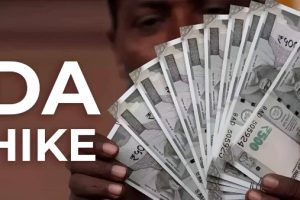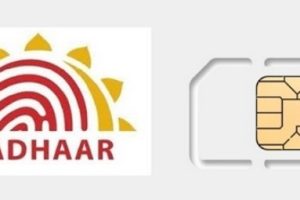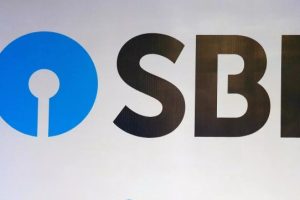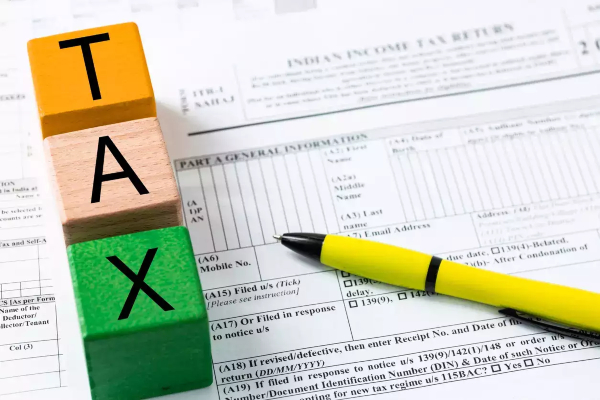The Central Board of Direct Taxes (CBDT) has issued guidelines for selecting income tax returns (ITRs) for complete scrutiny. The guidelines are applicable for the current financial year i.e., 2023-24. As per the guidelines, the income tax department will pick up tax returns for scrutiny on the basis of where the survey was conducted in the cases of tax evasion, search and seizure, where income tax notices under sections 142 (1) and 148 were sent, and so on.
The guidelines issued also prescribe the procedure that must be followed by the income tax department for the compulsory selection of returns of scrutiny.
Here is a look at different parameters that the income tax department will follow to pick up scrutiny cases, as per CBDT’s guidelines:
1. Specific tax evasion: The income tax department will pick up cases where there is specific information pointing out tax evasion for a relevant assessment year provided by the law agency. The tax return for the relevant assessment year must be filed by the taxpayer.
2. Where a notice under section 148 has been issued: The income tax department will pick up scrutiny cases where notice has been issued to the taxpayer under section 148. The case will be picked up irrespective of whether the tax return is filed or not in response to the notice under section 148. Notice under this section is issued by the assessing officer if income is deemed to have escaped the assessment by the income tax authorities.
3. Where a notice under section 142 (1) has been issued: If a taxpayer has not filed a tax return in response to notice under section 142 (1), then such cases will be picked up for complete scrutiny. Section 142(1) notice is issued to ask for more clarification or further information details about the return filed. If no tax return has been filed, then income tax authorities ask a taxpayer to provide information in the prescribed manner.
4. Search & seizure cases: Where the income tax authorities have done search & seizure either prior to April 1, 2021 or after that will be picked for complete scrutiny.
5. Survey cases: If the income tax department has conducted a survey under Section 133A on the basis of the tax return filed. However, there are certain exclusions as well such as where the book of accounts, documents etc. were not collected.
6. Cases related to registration/approval: If the income tax department has not granted or cancelled registration/approval under section 12A, 12AB, 35(1)(ii)/(iia)/(iii), 1023(C) etc. and yet the taxpayer is found to be claiming tax exemption/deduction, their ITR will be picked for scrutiny. However, if the order of withdrawal/approval has been reversed or set aside in appellate proceedings, then such cases will be excluded under this clause.
7. Cases involving addition in earlier assessment year on recurring issue of law or fact and/or law and fact: Where the addition in an earlier assessment year(s) on a recurring issue of law or fact and/or law and fact (including transfer pricing issue) is: a) exceeding Rs 25 lakh in eight metro charges at Ahmedabad, Bengaluru, Chennai, Delhi, Hyderabad, Kolkata, Mumbai and Pune; b) exceeding Rs 10 lakh in charges other than eight metro charges. In addition to that, (i) has become final, as no further appeal has been preferred against the assessment order or (ii) has been upheld by the Appellate authorities in favour of revenue; even if further appeal of assessee is pending against such order…. Read More
Source By: economictimes










